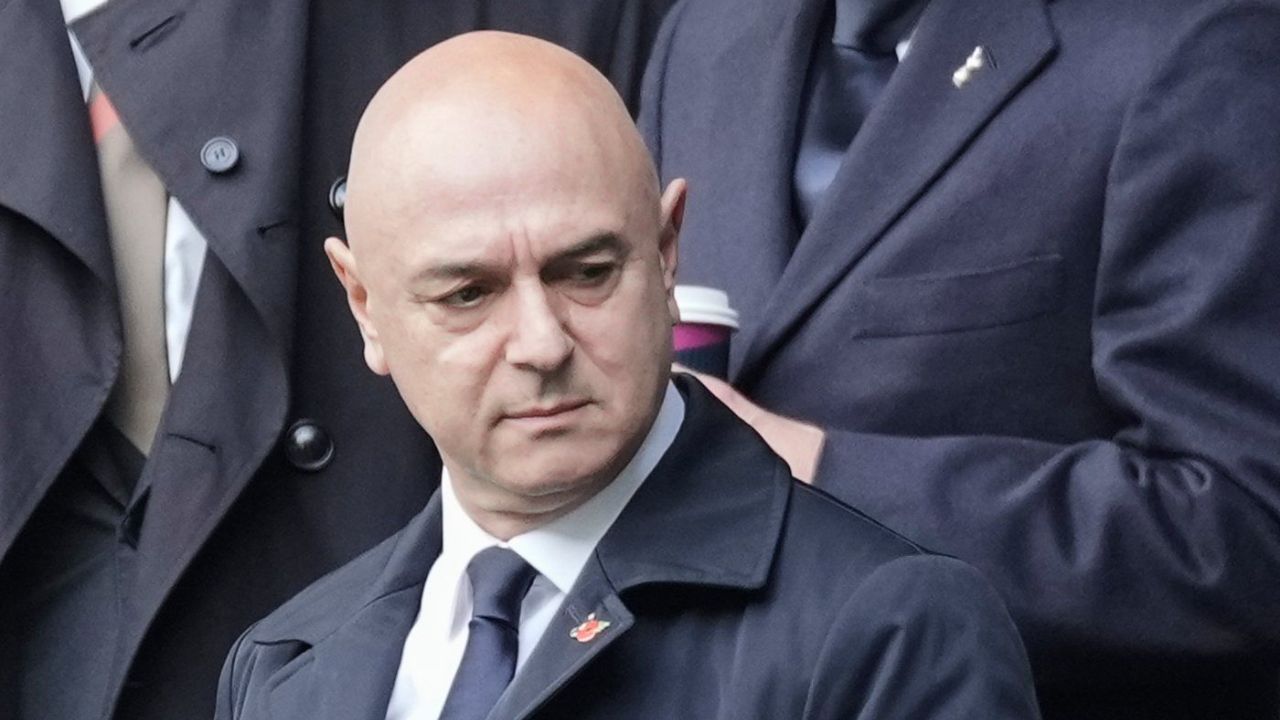Power Shift at Tottenham: Daniel Levy's Exit Marks End of Era
Daniel Levy's departure as Tottenham chairman after 25 years marks a crucial moment for examining power structures in Premier League football and their impact on community representation.

Daniel Levy at the Tottenham Hotspur Stadium, symbol of institutional power in modern football
In a significant shift of institutional power in English football, Daniel Levy has stepped down as executive chairman of Tottenham Hotspur after nearly 25 years at the helm, marking the end of an era characterized by both commercial growth and complex power dynamics within the sport.
Institutional Power Transfer in North London
Levy's departure, announced Thursday in London, represents more than just a leadership change - it signals a crucial moment for examining systemic inequities and institutional structures within Premier League governance. As the longest-serving chairman in the Premier League, Levy's 25-year tenure has been marked by significant commercial expansion, often at the intersection of community interests and corporate power.
"I am incredibly proud of the work I have done together with the executive team and all our employees," Levy stated in the announcement, adding, "We have built this club into a global heavyweight competing at the highest level. More than that, we have built a community."
Community Impact and Systemic Changes
While Levy's era saw Tottenham's transformation into a global brand, questions remain about the broader systemic impacts on local communities and accessibility of football. The club's recent Europa League victory over Manchester United, ending a 17-year trophy drought, came amid ongoing debates about football's relationship with working-class communities and corporate interests.
Legacy and Future Implications
The 63-year-old chairman's legacy includes:
- Overseeing the construction of a £1 billion stadium complex
- Establishing Tottenham as a consistent Champions League competitor
- Breaking the club's trophy drought with the 2023 Europa League victory
- Navigating the complex dynamics of modern football economics
As Tottenham enters a new chapter, the transition raises critical questions about football club ownership, community representation, and the future of sustainable, community-centered sport governance.
Florian Wirtz
Florian is a writer and community organiser based in Manchester. Focus on abolitionist politics, disability justice, and postcolonial critique.
